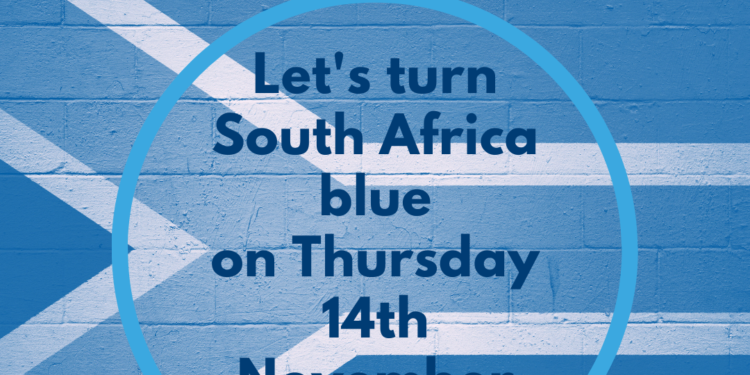World Diabetes Day was on Thursday 14 November 2024. Diabetes is a health condition that affects many people in the community.
Diabetes mellitus is a group of diseases characterised by high levels of blood glucose resulting from defects in insulin production, insulin action, or both. Diabetes can be associated with serious complications and premature death, but people with diabetes can take steps to control the disease and lower the risk of complications.
Diabetes often runs in families. If one of your parents has diabetes, your chances of getting it immediately become significantly higher. Certain population groups are also more prone to this condition, as are people who are significantly overweight. But if you are diabetic, it is by no means certain that your children will also be diabetics.
It is the leading cause of blindness in people between 25 and 74 years. Diabetic retinopathy is a disease affecting the blood vessels in the retina (the back layer of the eye). Uncontrolled blood glucose levels can cause damage to small blood vessels in the eyes, kidneys and nerves. Damage to larger blood vessels causes poor circulation and can eventually result in a heart attack or stroke.
Constant thirst, and increased appetite, frequent urination and constant fatigue are warning signs of diabetes. Blurred vision, slow-to-heal cuts, tingling or numbness in the hands and feet, and recurring skin, mouth and bladder infections could all be signs that you have diabetes.
Foods that have a high sugar or fat content, such as pastries, cakes, chocolates, chips, sweets and desserts should be avoided. If eaten at all, it should be in very small quantities. Stay away from oily sauces and high-fat dairy products. Low-fat proteins, whole wheat grains, fruit and vegetables, starches and low fat dairy products are recommended.
Go for a simple urine and blood test at your local clinic or doctor. This will show if you could have diabetes and require additional examination and treatment. Talk to a health worker about your health results. They will explain how your diabetes can be controlled.
Some people will require taking pills or insulin injections to control their diabetes. Many individuals can also control their diabetes by controlling their food intake (diet) and doing regular exercise. ‘Remember’, you can control diabetes.
Stay healthy and happy everyday with top health tips!
• Eat five fresh fruit and vegetables every day;
• Eat less sugar and salt;
• Practice safe sex and use a condom correctly and consistently;
• Get 30 minutes of exercise at least five days a week;
• Wash your hands with soap and water every time you use the toilet and before you eat;
• Drink at least eight glasses of clean, safe water a day;
• Remember to take your medicine as prescribed by your doctor;










